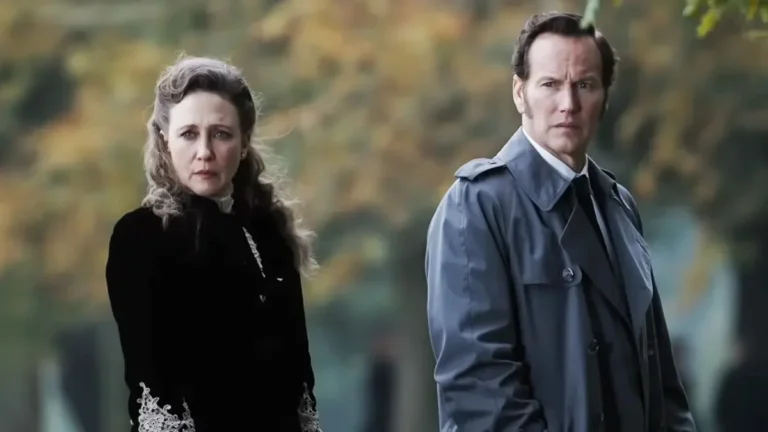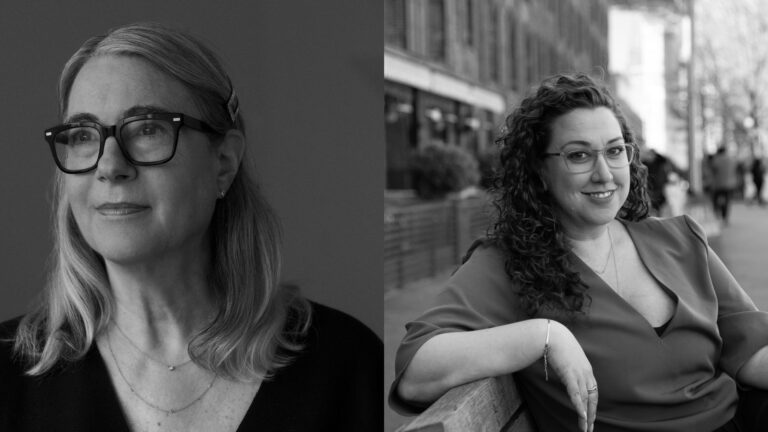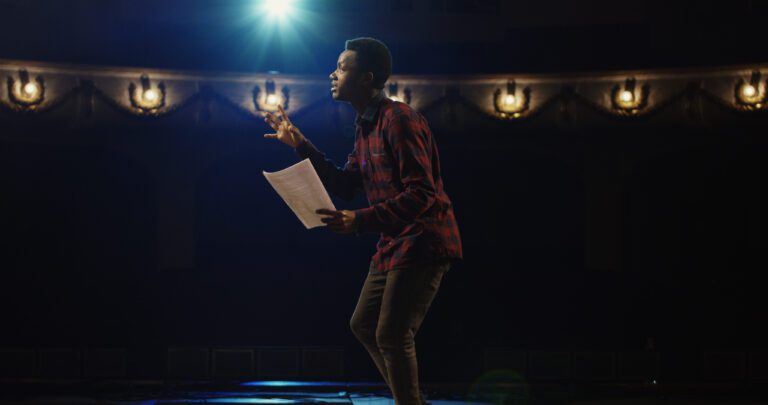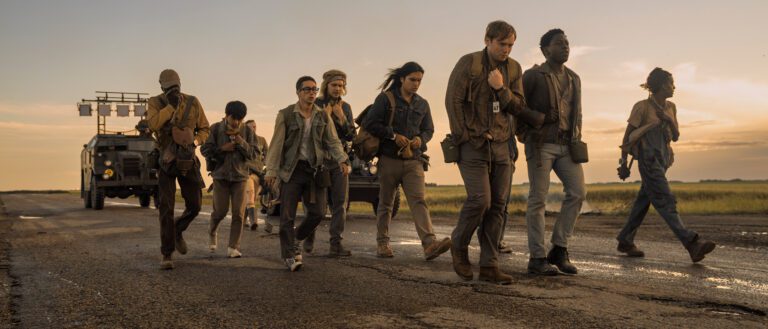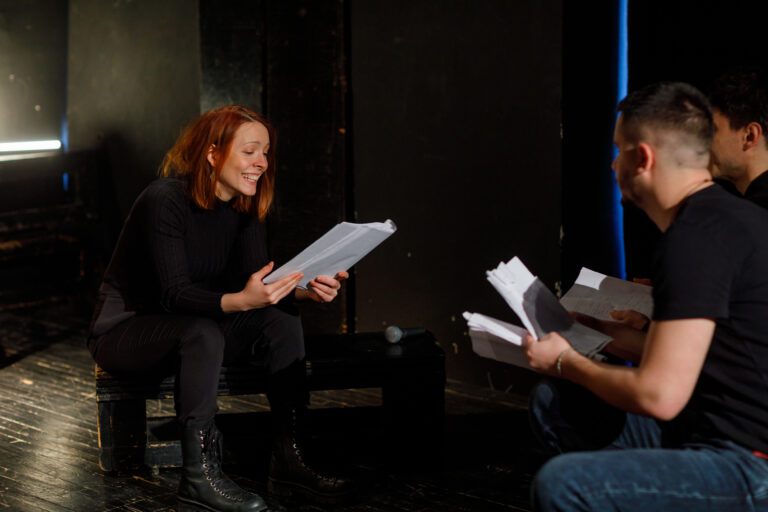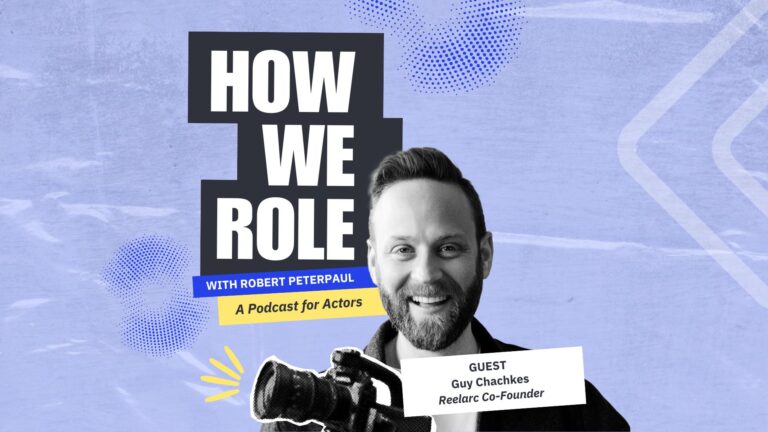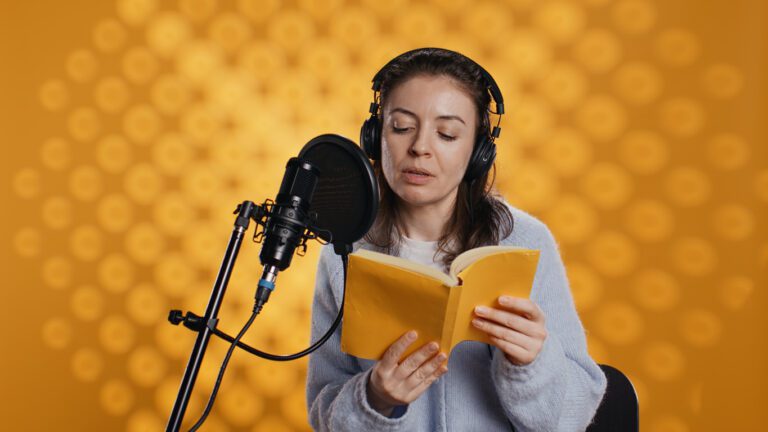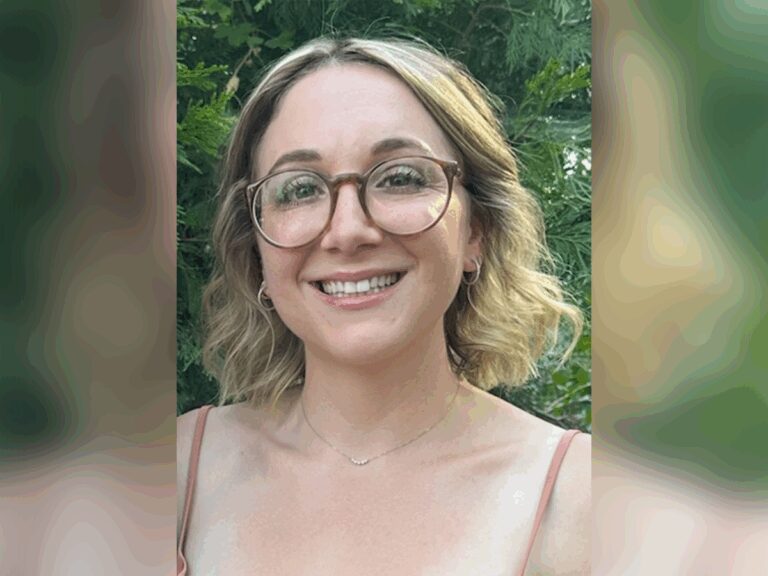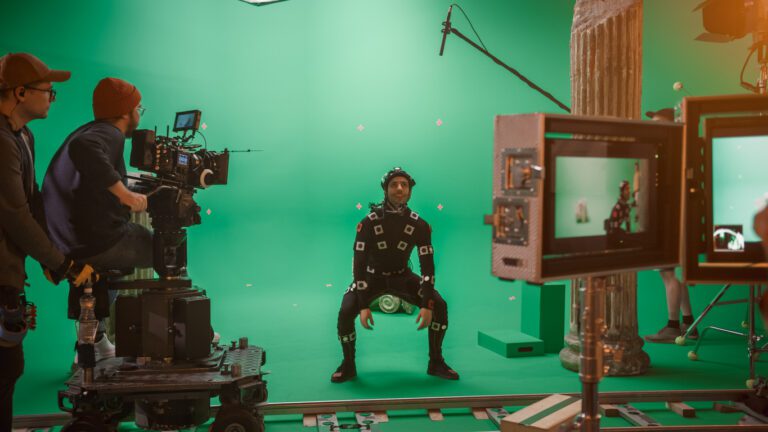When Paul Thomas Anderson set out to make One Battle After Another, he knew its heart would live in the fragile relationship between Bob (Leonardo DiCaprio) and his daughter Willa (newcomer Chase Infiniti).
The film, currently in theaters, follows Bob, a washed-up revolutionary who lives in a state of stoned paranoia, surviving off-grid with his spirited and self-reliant daughter, Willa. When his nemesis resurfaces and Willa goes missing, the former radical scrambles to find her as both father and daughter battle the consequences of their pasts.
Key Insights:
- Leonardo DiCaprio drew inspiration from Jeff Bridges’ The Dude and Al Pacino in Dog Day Afternoon to portray Bob as a flawed, washed-up revolutionary.
- Director Paul Thomas Anderson fostered the authentic father-daughter bond between DiCaprio and newcomer Chase Infiniti by using non-traditional chemistry reads that included dinner and karate lessons.
- The film’s hero, Bob, finds his true heroism not in resurrecting his past espionage skills, but in his persistent, relentless effort to move forward and protect his daughter, Willa.
At a recent press conference attended by Casting Networks, DiCaprio and Infiniti both emphasized that finding authenticity in their dynamic was the key to unlocking their characters.
For Infiniti, stepping into her first major role opposite DiCaprio, Sean Penn, Regina Hall, Teyana Taylor and Benicio del Toro was daunting. “I was very nervous, especially going into my first day, but they all created a space where I felt comfortable to explore,” she said. “I really wanted to make sure I was a great scene partner for [everyone], so I was honing in on that energy, as opposed to letting my nerves take advantage of me.”
DiCaprio recalls that Anderson’s audition process wasn’t about traditional readings. “Paul doesn’t really do an audition process,” he explained. “You have dinner, he gives her a karate lesson, we sit around, we improvise. The idea of this generational gap between the two characters in those chemistry reads really came to fruition. Through those conversations, these meetings and workshops, we secured who these people were. [Willa] did a phenomenal job.”
By the time filming began, the father-daughter relationship already felt lived in — complete with generational clashes, hidden cell phones and arguments.
DiCaprio also spoke about the discovery process once cameras rolled. He described his character as a man set up to be a “traditional hero,” but whose flaws constantly undermined that expectation.
“I just love the premise of somebody that you think is going to be this hero, that’s able to resurrect and use the tools from his revolutionary past to become the ultimate hero,” he said. “But his real heroism is the idea that he just keeps relentlessly moving forward to protect his daughter.”
He also points out that audiences might expect Bob to use his “massive espionage skills” from the past, but years of drug and alcohol abuse have left him unable to recall even the basics — like the secret passwords his revolutionary group created for situations exactly like the one he faces now.
“It’s just a brilliant setup for what is ultimately a very flawed hero dynamic that [Paul] created,” DiCaprio said. “It was a blast to make the movie and go on that journey and discover it as we went along.”
The actor also revealed that he drew inspiration for his character from Jeff Bridges in the Cohen Brothers’ The Big Lebowski, and Al Pacino in Dog Day Afternoon. “I would be remiss if I didn’t say that obviously The Dude was an influence on this character in a modern-day context … and Dog Day Afternoon with Pacino, that fanaticism that he has to get back and connect and save the person that he loves.”
For Infiniti, she drew on Willa’s passion for karate to inform her character’s physicality, but the rest came from trusting her own instincts. “The most helpful thing Paul told me was just not to think about it, and to do it again, and to trust my instincts,” she said.
Since Willa never knew her revolutionary mother and was raised solely by her father, Infiniti chose to lean into that absence. She focused on Willa’s uncertainty about her own story. “That really helped me drop into her,” she said. “Honing in on that, and having those conversations with Paul to understand Willa from how he wrote her … was very helpful.”
On set, the collaboration felt more like an open workshop than a rigid shoot. DiCaprio noted how Anderson encouraged improvisation and even cast real people in smaller roles — shop owners, corrections officers, soldiers — to ground the story in reality. “It almost felt like doing a documentary simultaneously,” DiCaprio said. “Those locations informed the narrative and the culture of what this movie is and who our characters are.”
In the end, both actors pointed to the bond they built, and the freedom Anderson gave them, as the source of the film’s emotional weight. For DiCaprio, the role reminded him that heroism isn’t about perfection, but persistence. For Infiniti, it was about finding confidence in her instincts and being present with her scene partners.Their experience working on One Battle After Another is a reminder for actors that the most powerful performances often come not from nailing a “perfect” audition, but from openness, trust and collaboration.
3 Key Takeaways:
- For a first major role, an actor should focus on being a great scene partner and honoring the collaborative energy, as opposed to letting nerves take advantage of them.
- Actors should trust their instincts and avoid overthinking their performance, using that freedom to discover the character’s nuances as filming progresses.
- Powerful and emotional performances are often sourced from building a deep bond with scene partners, coupled with the freedom and openness provided by the director.
You may also like:

